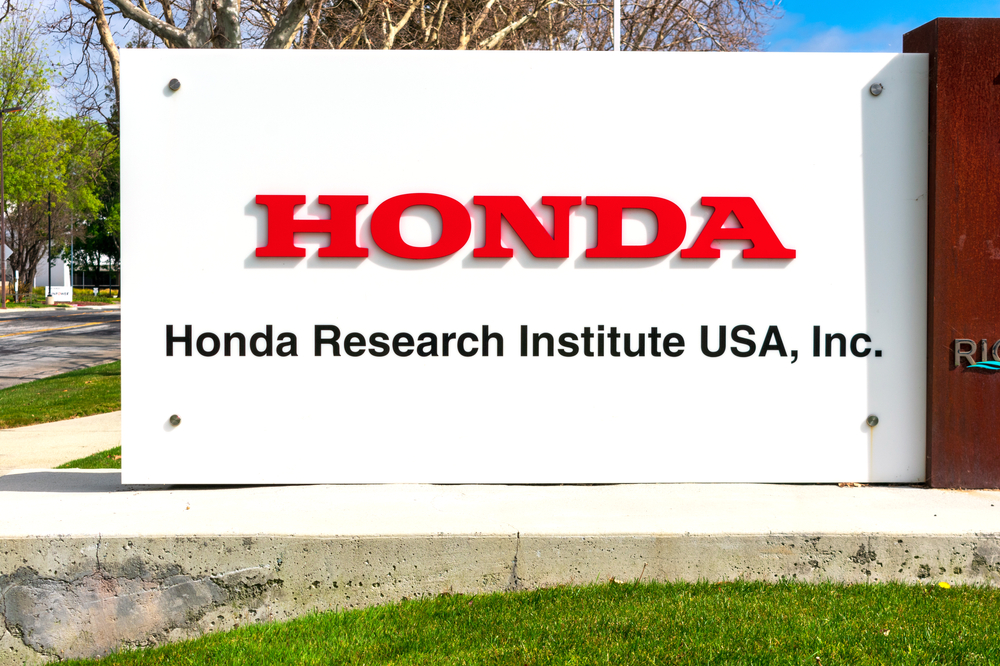Honda is set to take a leadership role.
Others are reading now
Honda, Nissan, and Mitsubishi have announced plans to merge, aiming to create the world’s third-largest automaker.
The announcement came during a joint press conference where the companies revealed their vision for the future.
If finalized by 2026, the merger will position the group just behind Toyota and the Volkswagen Group in global sales.
The partnership will unite the three Japanese giants under a single corporate structure.
Also read
Honda is set to take a leadership role, including the authority to appoint the new group’s CEO.
Mitsubishi, partially owned by Nissan, will also have a significant presence in the collaboration.
Together, the combined entity is estimated to be worth $50 billion, according to Boosted.
Shared Goals for a Competitive Edge
The merger is driven by the need to compete in a market increasingly dominated by electric and hybrid vehicles. Automakers are under pressure to innovate while keeping costs down.
By combining resources, Honda, Nissan, and Mitsubishi plan to develop shared platforms and drivetrains for various types of vehicles, from gasoline-powered to fully electric models.
This collaboration will allow them to cut production costs and speed up the development of new technologies. A shared supply chain is expected to save billions, while joint research and development will fast-track innovation.
Distinct Brands, Shared Strengths
Despite the merger, all three companies will retain their unique brand identities and maintain separate headquarters.
This strategy ensures that Honda, Nissan, and Mitsubishi can continue appealing to their loyal customer bases while reaping the benefits of shared technology and resources.
The alliance is expected to bolster the group’s ability to compete with emerging players, particularly from China’s growing electric vehicle market.
It will also strengthen their positions in key regions, including Asia, Europe, and North America.
The deal still requires approval from Japanese regulators, and discussions will continue over the next six months.
If finalized, the merger will mark a pivotal shift in the global automotive landscape, setting the stage for a new era of competition and innovation.


